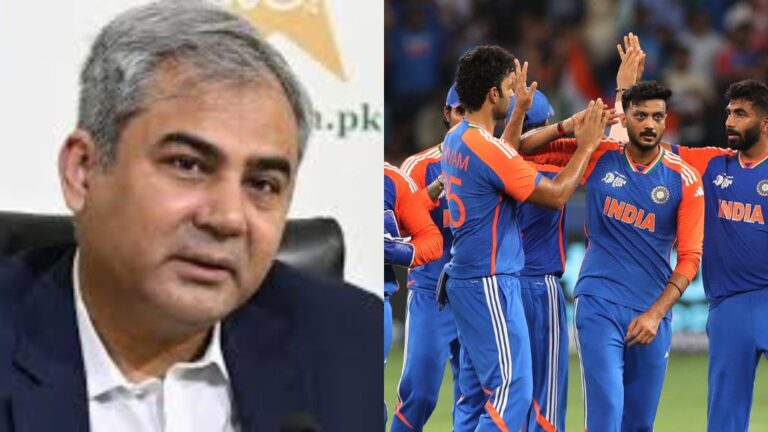The much-anticipated India vs Pakistan encounter in the Asia Cup 2025 once again delivered drama both on and off the field. India managed to secure a convincing victory over Pakistan in the recent group-stage clash, further strengthening their dominance in the tournament. While the win was celebrated by Indian fans, the aftermath has been overshadowed by controversies that refuse to settle.
The Handshake Controversy
One of the major flashpoints came at the end of the match, when players from both sides were expected to exchange handshakes in line with the spirit of the game. Reports suggest that several Pakistani players skipped or delayed the gesture, creating an uncomfortable moment on live broadcast. Indian officials alleged that Pakistan violated the basic spirit of cricket, while the Pakistan Cricket Board (PCB) maintained that the incident was a result of “miscommunication” and “frustration” following the loss.
Why Did It Happen?
Insiders point to rising tensions between the two camps. India’s assertive celebration and the charged atmosphere of the rivalry reportedly led to Pakistan players showing reluctance in engaging during the customary handshake. In the eyes of match referees, however, this bordered on a breach of protocol, since the International Cricket Council (ICC) promotes post-match handshakes as part of the “Code of Conduct” under the clause of maintaining “respect for opponents and the spirit of cricket.”
Also Read: Asia Cup 2025 Points Table: IND vs PAK Consequences
Pakistan’s Official Complaint
The Pakistan team has now officially lodged a complaint against India, alleging that Indian players broke rules during the handshake and presentation segment. According to reports, the complaint cites ICC’s Article 2.1.1 of the Code of Conduct, which relates to “conduct that is contrary to the spirit of the game.” The PCB maintains that Indian players failed to adhere to expected post-match courtesy, escalating tensions in an already sensitive rivalry.
Salman Ali Agha Skips Presentation
Another controversy emerged when Pakistani all-rounder Salman Ali Agha reportedly refused to attend the post-match presentation. Sources claim his decision was linked to commentator Sanjay Manjrekar, with whom he shares a strained equation. This unexpected move further added to the drama, raising eyebrows about professionalism and the growing discord surrounding the Asia Cup.
Mohsin Naqvi’s Reported Stand
In a development that could overshadow the final, reports suggest that Mohsin Naqvi, the current head of the Asia Cup Council, will not attend the winning ceremony if India lifts the trophy. Sources close to the council indicate that Naqvi has privately expressed dissatisfaction with how controversies have been handled and does not wish to be seen endorsing India’s triumph in such circumstances.
It is also worth noting that this is not the first time Naqvi has distanced himself from a major final. During the Champions Trophy, which was hosted by Pakistan but staged in Dubai, he was notably absent from the ceremony. His absence this time, if confirmed, will inevitably spark questions about neutrality and governance in cricket administration.
Conclusion
The Asia Cup has always been a battleground of skill, pride, and emotions between India and Pakistan. While India’s strong performance on the field has kept them in pole position, the off-field controversies – handshake disputes, complaints, and boycotts – threaten to overshadow the cricket itself. Whether Mohsin Naqvi attends the final or not, the ongoing drama highlights the fragile relationship between the two cricketing giants, where every action carries political and sporting weight far beyond the boundary ropes.
